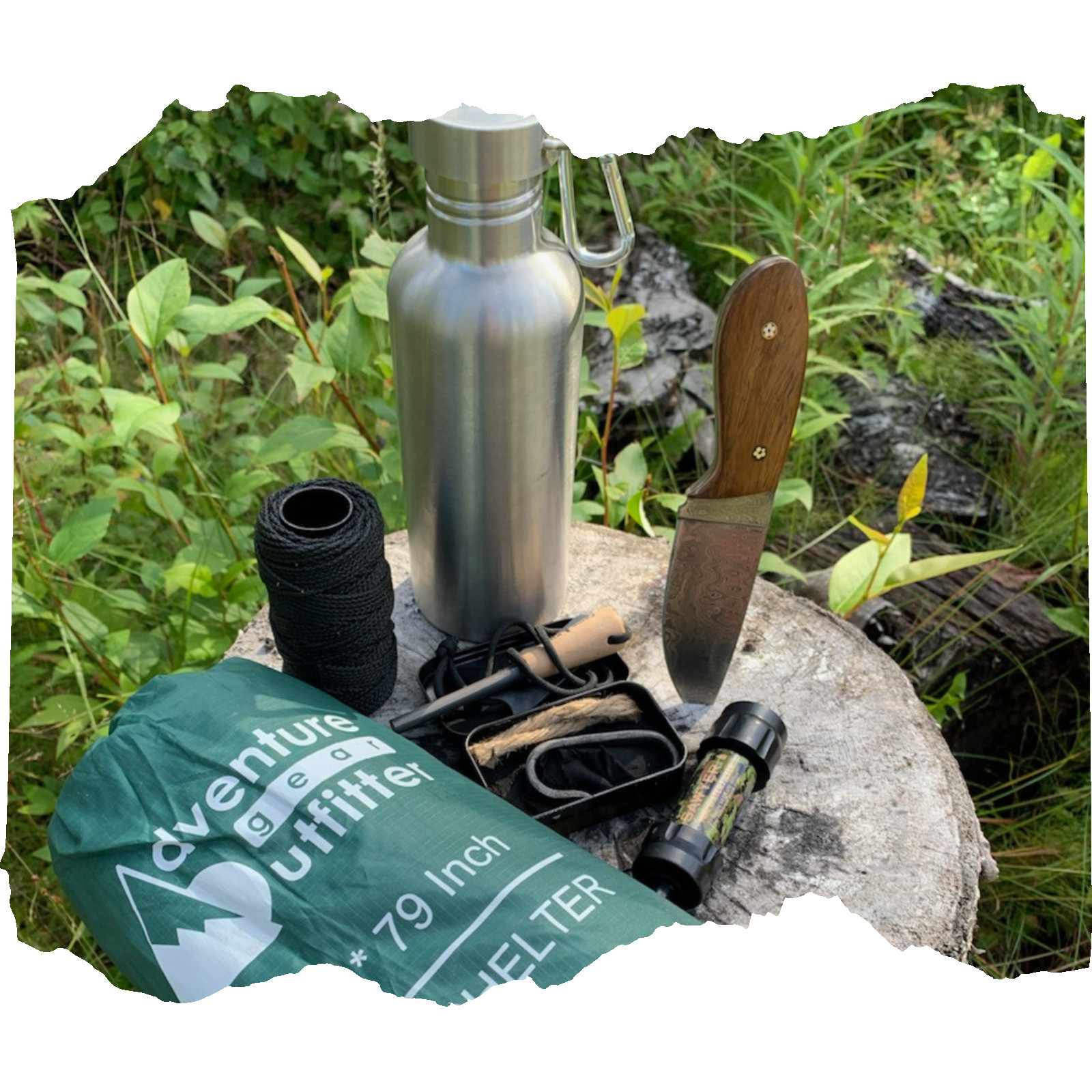
When we talk about bushcraft, bugging out, or SHTF (S**t Hits The Fan) scenarios, one core principle stands out—survival. Mastering basic survival skills ups your odds of success in any challenging situation, whether you're exploring the wilderness or preparing for emergencies.
Basic Gear for Survival
To survive, you need the right gear. Here are the essentials:
Knife
A good quality knife is indispensable. Look for a sturdy, full-tang knife made from high carbon steel with a blade length between 4.5” and 6” and a 90-degree spine. This tool can perform multiple tasks, from fashioning other tools to cutting rope and preparing food.
Water
You can survive only about three days without water. Even mild dehydration can cause issues like headaches, lethargy, and mental confusion. Prioritize your ability to carry, locate, and purify water. Know the potential water sources in your area, and always have a purification method ready. Boiling water for 10 minutes is the safest bet, but modern filters, purification tablets, and even chlorine bleach or iodine work well. Ensure you have a storage method like a water bottle or hydration pack.
Fire
Fire is essential for sterilizing water, cooking food, staying warm, signaling for help, and boosting morale. Practice multiple fire-making techniques and keep at least three different methods in your gear. This can include a butane lighter, storm matches, ferro rods, flint & steel, magnifying lenses, and chemical fire starters. Always carry dry tinder and some form of fire extender.
Shelter/Cover
Your first line of shelter is the clothing you wear. Every survival kit should include some form of tarping material, like a mylar space blanket, and cordage. Familiarize yourself with the terrain and flora in your area, and practice building shelters using those materials. From simple lean-tos and tree pits to more involved snow caves or debris huts, getting out of the elements is crucial for both physical security and comfort.
Mastering the 5 Cs of Survival
To ensure you're well-prepared, always remember the 5 Cs of survival:
- Cutting Tools - Essential for a wide variety of tasks.
- Combustion Devices - For creating fire.
- Cover - To protect you from the elements.
- Container - To carry and store water.
- Cordage - Useful for building shelters and securing loads.
Call to Action
Ready to take your survival skills to the next level? Join Brandon's course on building go bags, Bag It Up, where you'll get comprehensive guides on creating Get Home, Bushcraft, and Hunting bags. These guides will help you prepare for any situation and become more self-reliant.
Sign up today and start mastering the art of survival! [Enroll in the Bag It Up Course]
In future articles, we'll break down each of these topics in more detail, providing you with in-depth discussions and practical tips. Stay tuned and stay prepared!


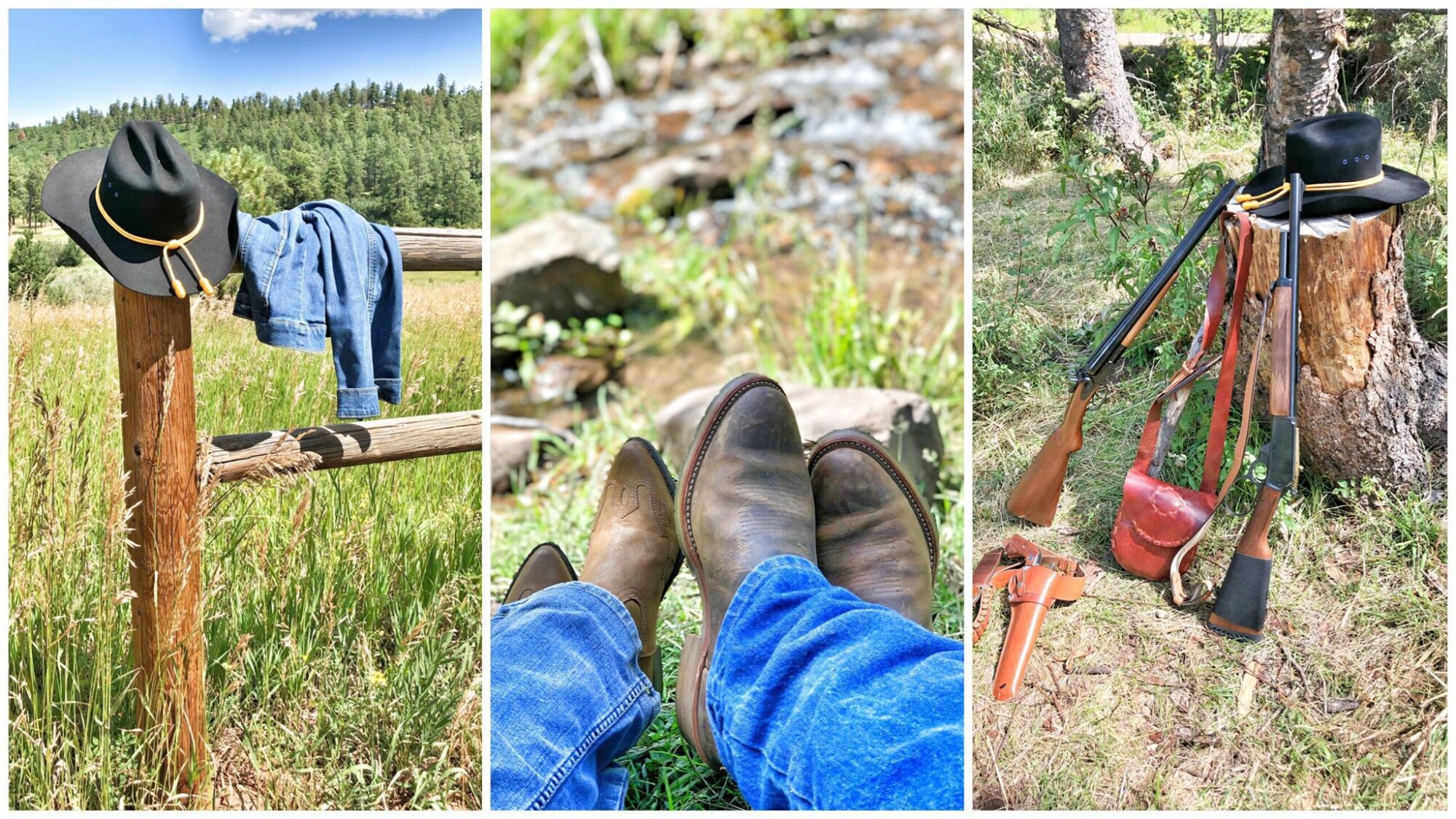
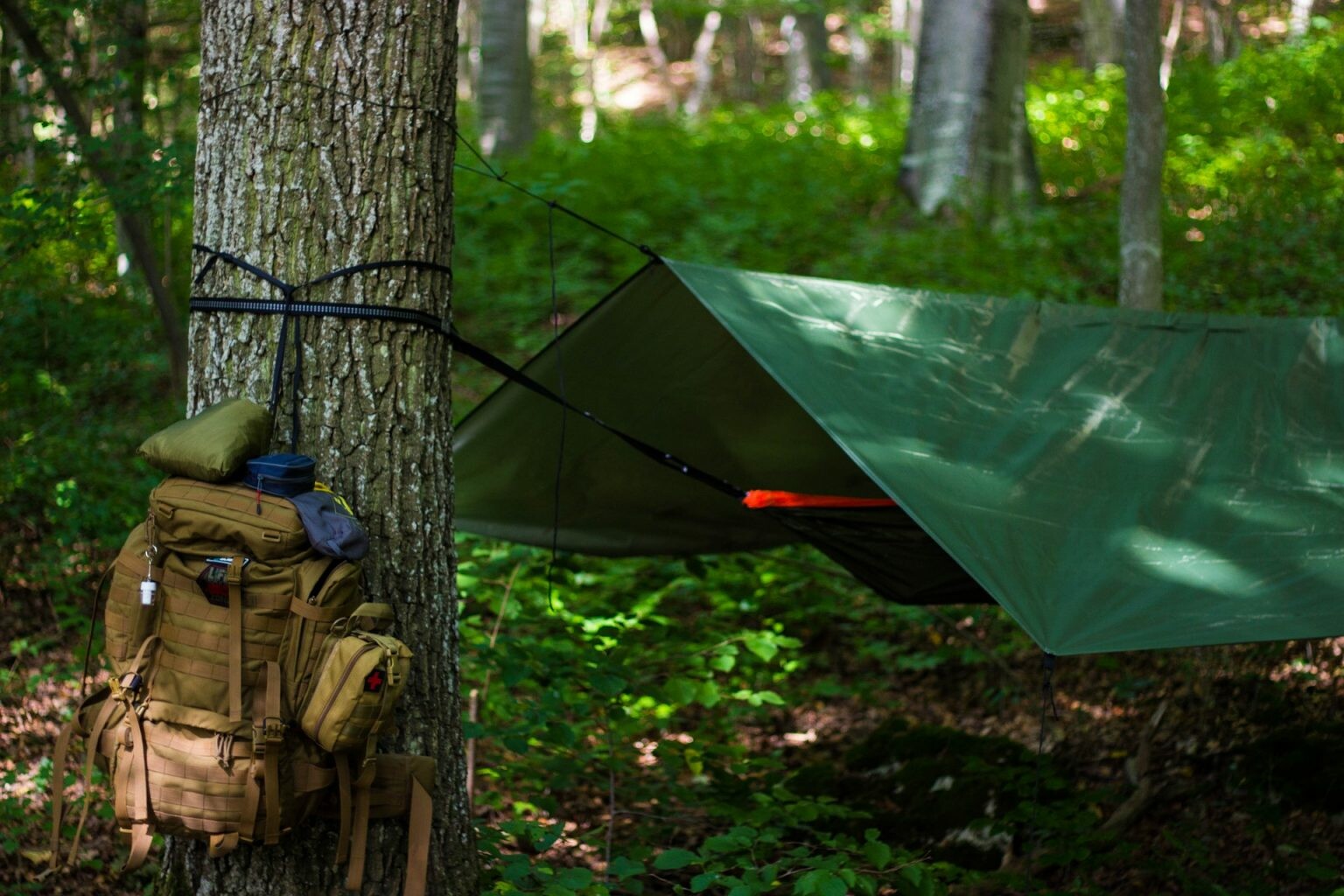


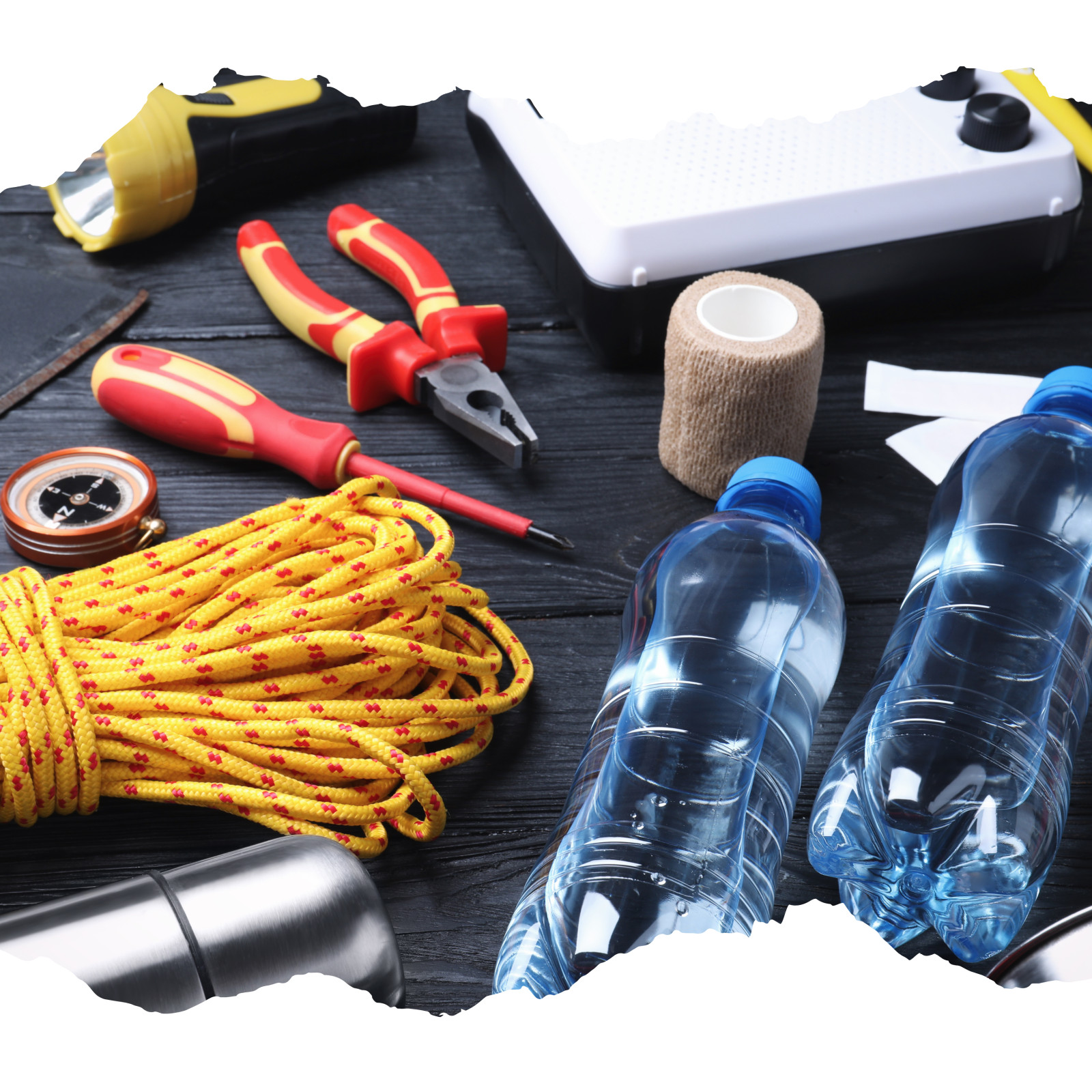
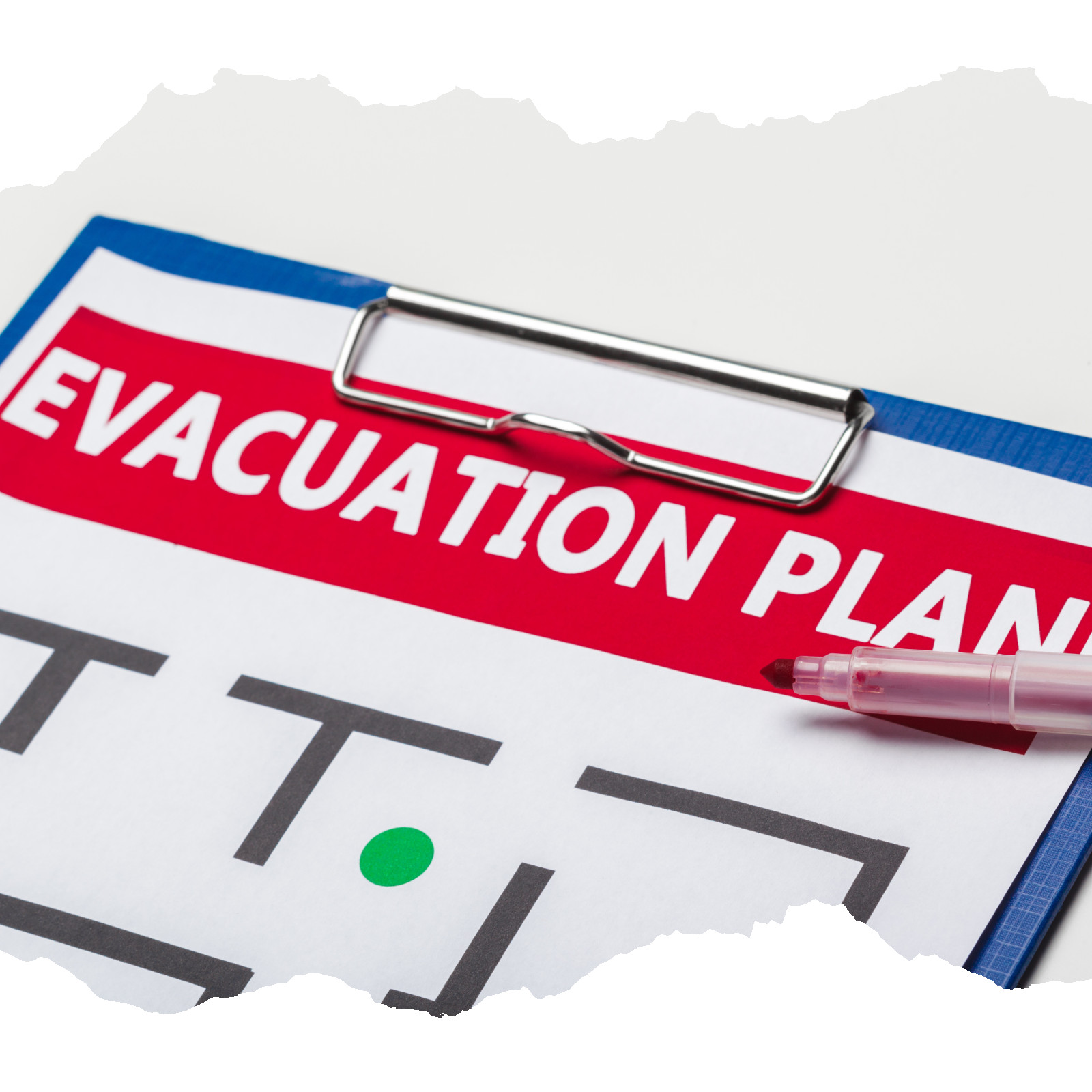
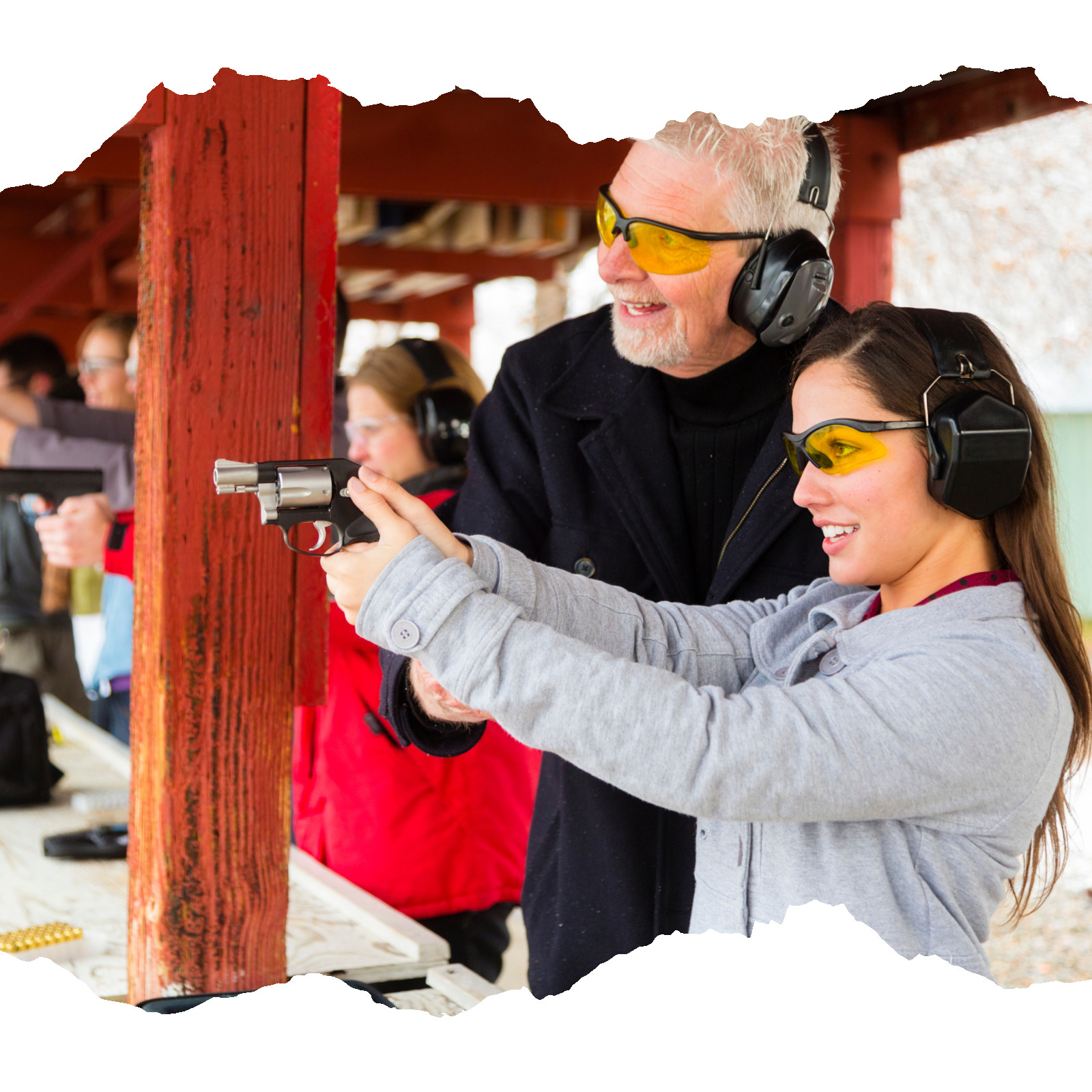


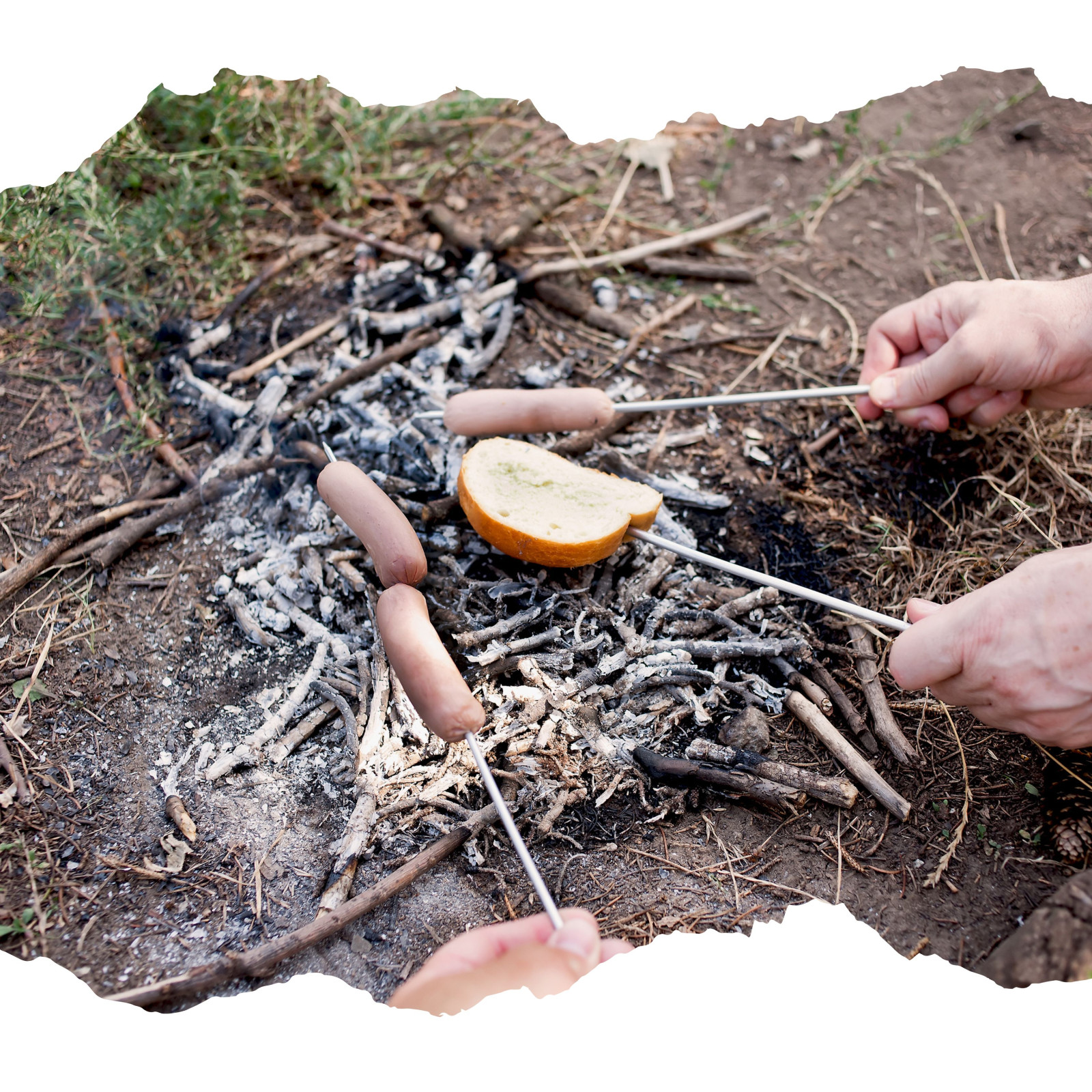


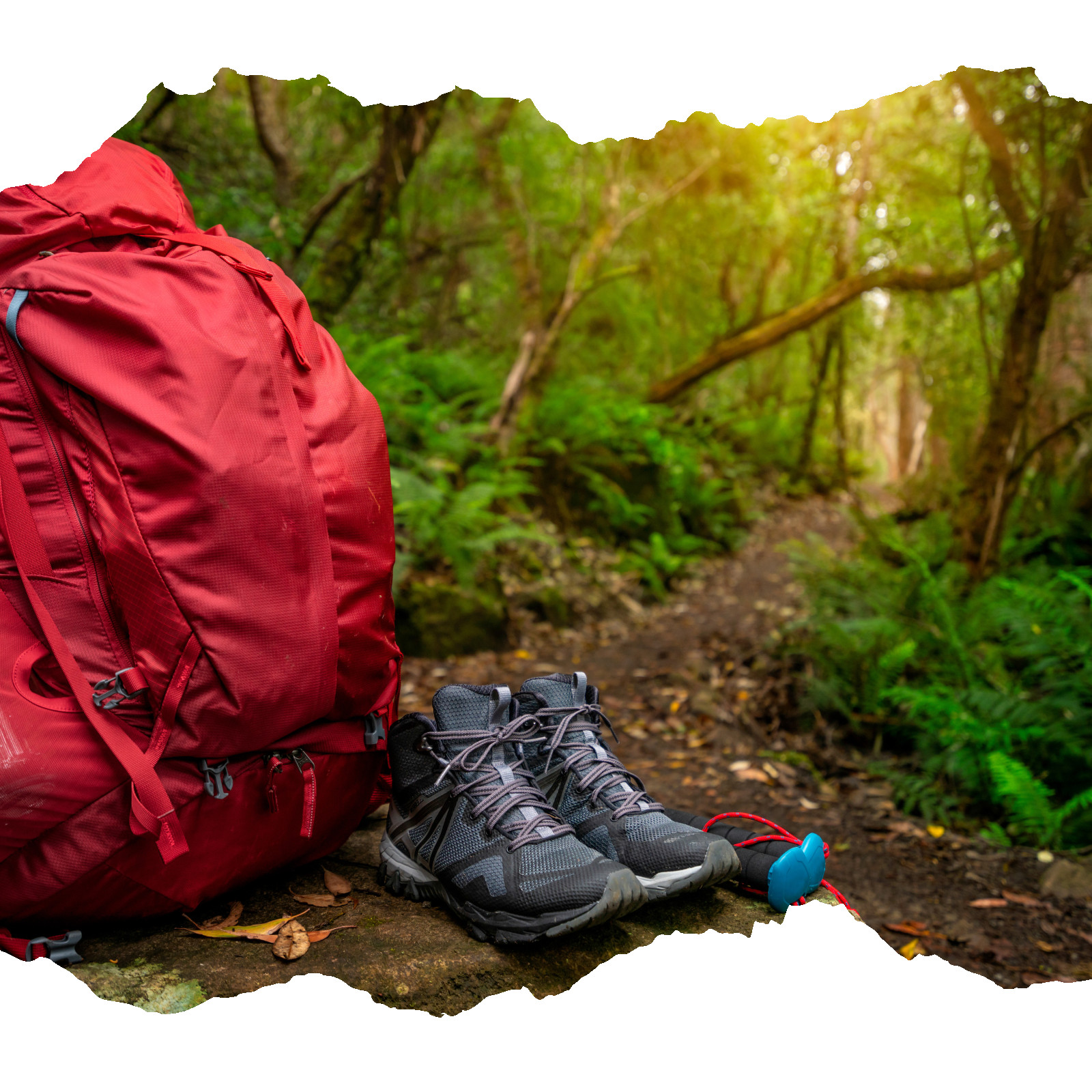




0 Comments